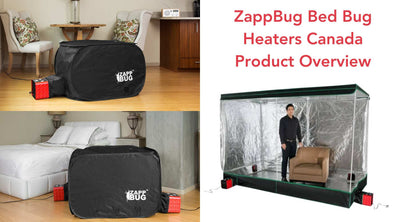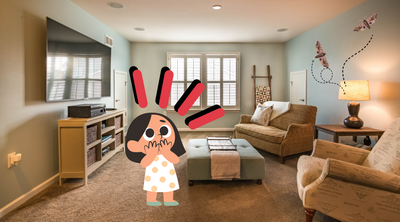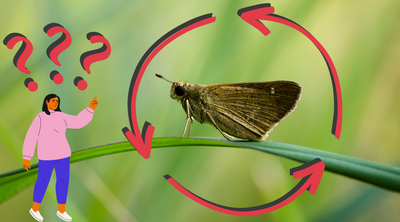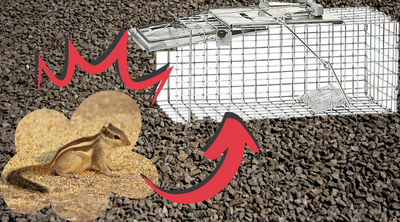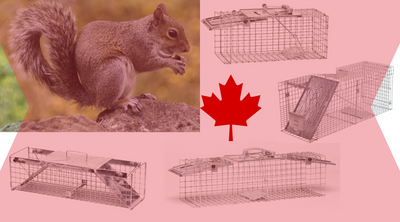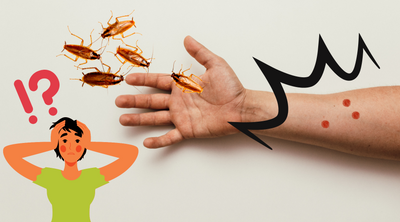Ants become a nuisance once you notice that their population is getting bigger and they are starting to target your stash in the kitchen. Thus, the need for a treatment that kills ants effectively.
When it comes to ant control treatments, you can choose from using bait stations or sprays. While ant baits are popular, sprays can also be your go-to solution to get rid of ants quickly. There are different types of ant spray with different active ingredients. However, to choose the right one, you have to consider where you’re planning to use it and how you should use it properly.

How to Use Ant Sprays Indoors and Outdoors
Considered as social insects, ants won’t leave your home regardless if there is high human activities in affected areas. To get successful results, you should know how to use products for treating an ant infestation properly. Just like other pest control products, it is also necessary that you are fully aware of using ant sprays both indoors and outdoors.
Take the following details as a guide on using the sprays inside and outside of your home.
Using Ant Sprays Indoors
- Make sure that you are using a non-repellent spray, as you want to kill ants and not ward them off.
- Use a straw applicator to avoid leaving residue on areas not affected by ants.
- Spray steady stream right on your target areas like cracks and crevices and other areas such as:
- Along baseboards
- Under and along the sides of appliances
- Around door and window frames
- Utility cable openings, pipe bibs, and electrical wirings.
It is important that you identify the affected areas first prior to applying chemicals. Use a straw applicator to focus on the areas without leaving residues on other items that your pets and children may access.
Using Ant Sprays Outdoors
- Make sure that the spray is non-repellent and should have a residual effect
- Since you have to cover large areas, use a 1-gallon hand pump sprayer to easily apply the poison easily.
- For every gallon of water, mix the recommended amount of product as stated on the label.
- To create a barrier during application, spray 1 foot up the foundation of the walls or house, and 1 foot out on the ground.
- Do the same on window and doorframes, utility cable openings, around pipe bibs, and other areas where ants enter your home and where you see ant trails.
- Never apply ant spray as a live broadcast over your lawn.
- Limit the application frequency to about once every 6 months.
It is recommended that you take precautionary measures when using spray outdoors as it may cause health risks, especially when kids or pets get in contact with the residues. Whether you are dealing with worker ants, pharaoh ants, or any ant species, pick a spray that is made to kill the species you are dealing with to achieve successful results.
What an Indoor and Outdoor Spray Should Be
Remember that outdoor sprays should never be used indoors. If you are confused between an indoor and outdoor spray, the following are some of the things that you should keep in mind:
Indoor Sprays Should Be
- It should be safe to use near areas where you prepare or store your food.
- The spray should either work fast enough to immediately stop an infestation or work slowly to avoid seeing dead ants around your home and kill the entire ant colony.
- It should be safe to use around animals, especially humans.
- You should be able to apply it in a stream to make sure that the poison will go straight to your target areas.
Note: Depending on the product you use, a straw applicator is usually included for fast, clean, and direct application.
Outdoor Sprays Should Be
- It should efficiently cover large areas
- The spray should only cause minor to no harm to the landscaping
- It should not cause harm to wood, paint, or foundations
- The chemicals should still be safe for humans as well as animals. It should also be safe for birds since the residue will be carried away by air as you apply it outdoors.
Note: When using poisonous chemicals outdoors, you should know where the spray residues may end up in case it rains or when you water your garden or landscaping. This way, you can prevent accidentally poisoning animals or even humans that may come in contact with the residues.
Choosing the Right Ant Spray
With the varying types of ants that are possibly seeking shelter in or out of your home, finding the most suitable ant sprays can be a bit difficult. Given that all species undergo different life cycle changes, identifying the ant species invading your home is one way to determine the ant traps or ant killer spray that you should use. Furthermore, knowing whether the ants you see are already settled in, searching, or just swarming will enable you to pinpoint the strategies that you should do to deal with your ant problems.
Carpenter ants are among the species that you should completely eradicate. However, finding their nests is quite difficult since these types are nocturnal. For this species, there are various ant bait stations that are specifically meant for killing these ants.
Various ant sprays are also available, which makes it easy for you to grab one in case you prefer using such products. Make sure that when dealing with such ant species, you should get rid of rotting debris or damp wood where they might move once you start the treatment. The last thing that you want to experience is another infestation just because the ants were able to find a new home while you were busy dealing with their old one.
For other species, it is recommended that you get those with fast-acting forms of pyrethroids or make use of bait stations. Finding out the ant species in your home or lawn is crucial in choosing the right sprays.
You can also try creating and using natural insecticides or repellents along with other treatments. However, make sure that the ones you create will not contradict the effects of your spray. Thus, enhancing its effects and making it more successful.
Remember that one kind of product may be lethal to a type of ant but may be mild to another. This will also lessen the number of products you have to use in the rotation just to find out the most effective attractants or lures for ants.
You don’t want to give them the chance to do defend their colony and move to another nest. Instead, you should aim to kill instantly or let the spray residues kill the entire colony.
Since sprays are more convenient to use and can cover large areas effectively, you can use it to immediately take action of an ant infestation. This can also help if you can’t find trails or the nest. It is also a quick solution as soon as you see them crawling in any part of your home. This way, these ants will either die upon contact or bring the toxic ingredients to their nest and sooner or later, end your problems with these insects.

